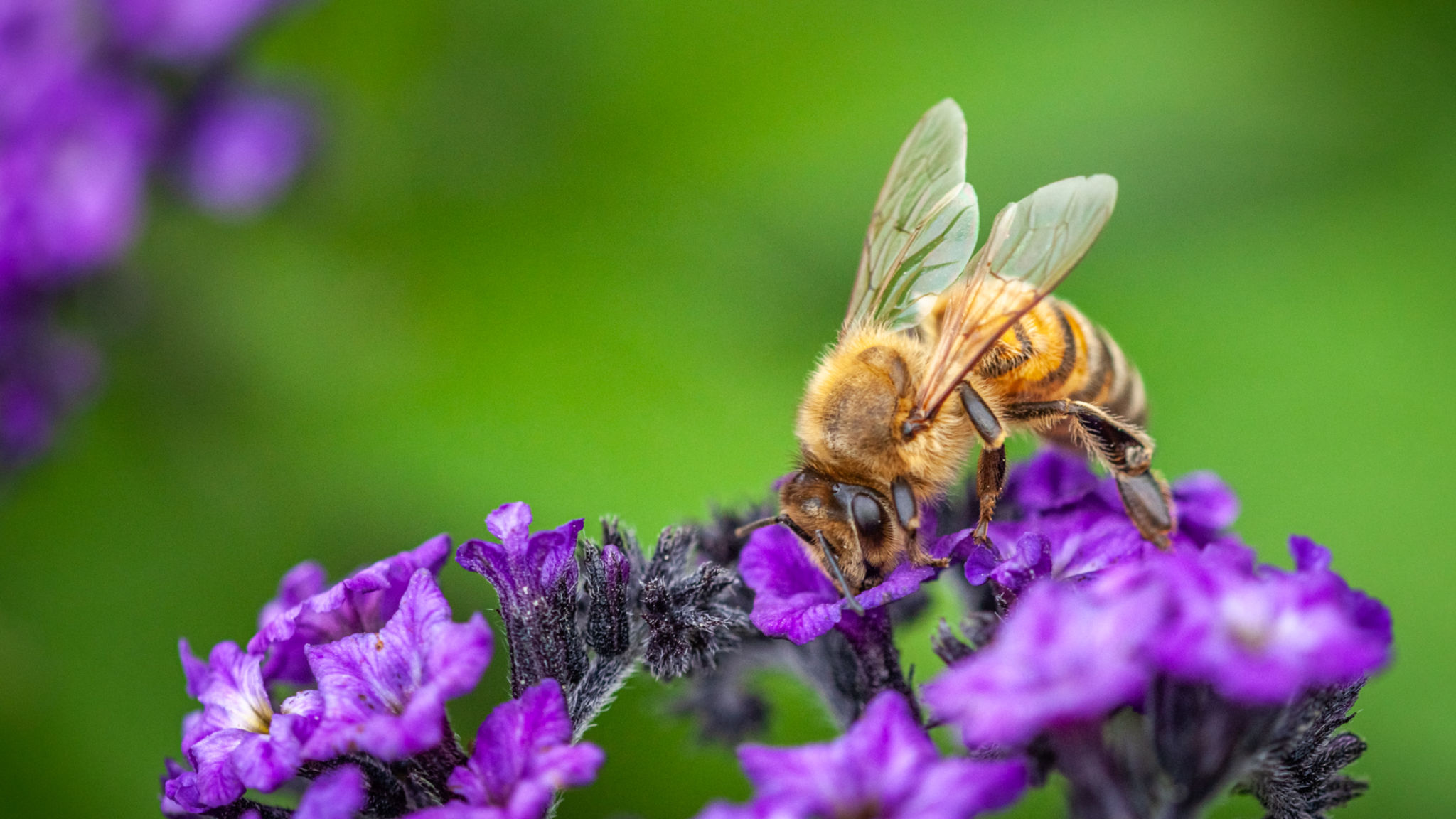The Benefits of Sustainable Lawn Care Practices in Coastal North Carolina
Understanding the Importance of Sustainable Lawn Care
Coastal North Carolina is a region blessed with stunning natural beauty and diverse ecosystems. However, maintaining this beauty requires responsible stewardship, especially when it comes to lawn care. Sustainable lawn care practices not only enhance the aesthetic appeal of your property but also support the health of the environment. By adopting these practices, homeowners can play a crucial role in preserving the delicate balance of coastal ecosystems.

Reducing Chemical Use
One of the primary benefits of sustainable lawn care is the reduction in chemical usage. Traditional fertilizers and pesticides can be detrimental to the local environment, leaching into waterways and harming marine life. By opting for organic or natural alternatives, homeowners can minimize their ecological footprint. This not only protects the local wildlife but also creates a safer environment for families and pets.
Benefits of Organic Fertilizers
Organic fertilizers are made from natural sources, providing essential nutrients without harmful side effects. They help improve soil health, which in turn supports healthier plant growth. Over time, this leads to more resilient lawns that require fewer interventions, saving you both time and money.
Water Conservation Techniques
Water conservation is another critical aspect of sustainable lawn care. Coastal regions are particularly vulnerable to water shortages and environmental stress due to climate change. Implementing water-saving techniques such as rainwater harvesting and smart irrigation systems can significantly reduce water usage.

Efficient Irrigation Practices
Using drip irrigation or soaker hoses ensures water is delivered directly to the root zone, minimizing evaporation and runoff. Additionally, watering your lawn during the early morning or late afternoon helps reduce water loss due to evaporation. These small changes can lead to substantial savings on your water bill while conserving a vital natural resource.
Promoting Biodiversity
Sustainable lawn care encourages biodiversity by creating habitats for various species. Planting native grasses and wildflowers attracts pollinators like bees and butterflies, which are essential for local ecosystems. These plants are adapted to the regional climate, requiring less maintenance and providing food and shelter for wildlife.

The Role of Native Plants
Native plants are an excellent choice for sustainable lawns as they are well-suited to the local environment. They thrive without excessive watering or chemical inputs, making them an eco-friendly option for coastal gardens. Incorporating these plants into your landscape design can transform your yard into a thriving ecosystem that supports local biodiversity.
Conclusion: A Greener Future
By embracing sustainable lawn care practices in coastal North Carolina, homeowners can make a positive impact on their environment. From reducing chemical use to conserving water and promoting biodiversity, these practices offer numerous benefits for both individuals and the broader ecosystem. As more people adopt these methods, we move closer to a greener, more sustainable future for our beautiful coastal region.